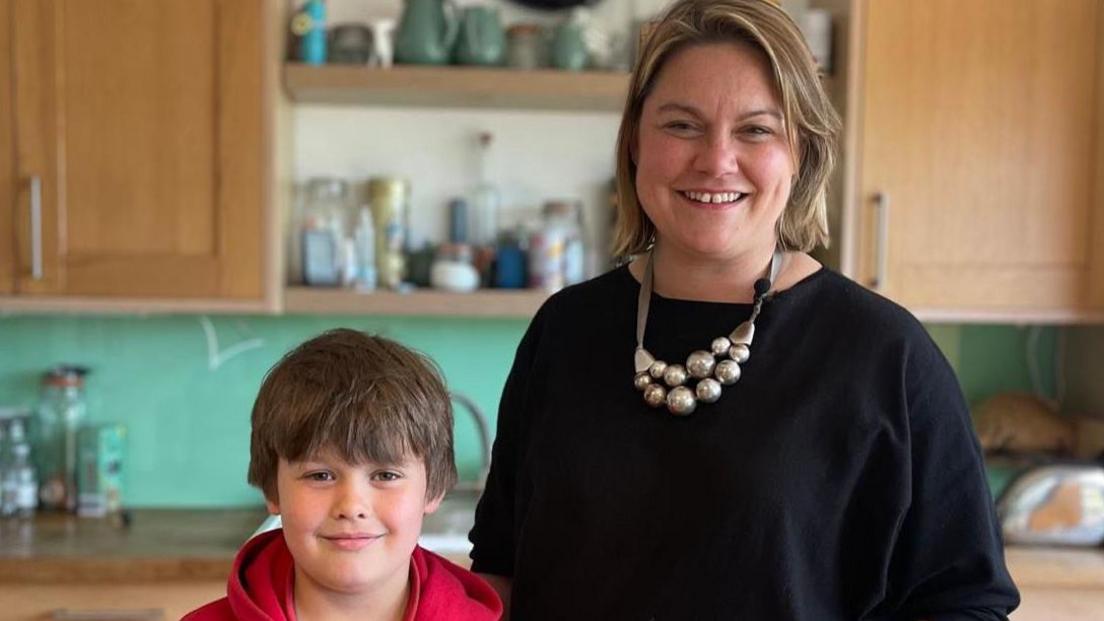Pregnant women urged to get whooping cough jab
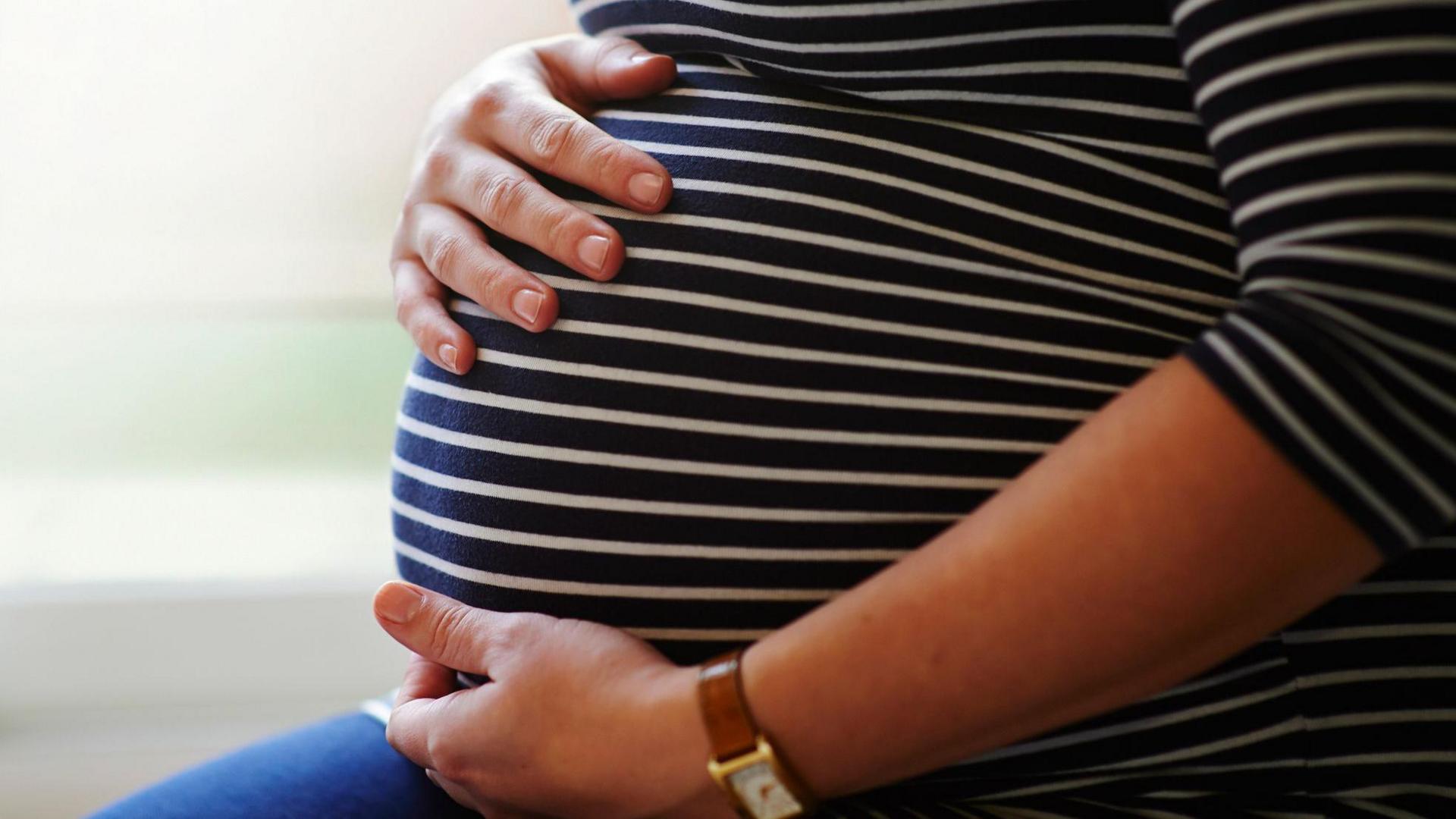
Cases of whooping cough continue to rise across England
- Published
Pregnant women are being advised to get vaccinated against whooping cough after a rise in reported cases.
Kent County Council (KCC) and Medway Council are backing calls from the UK Health Security Agency (UKHSA) and NHS for vaccinations to happen.
All pregnant women are eligible for the whooping cough vaccine after 16 weeks. The bacterial illness can be life-threatening for newborn babies.
Cases of whooping cough continue to rise across England and infants who are too young to start their vaccinations are at greatest risk.
According to the UK Health Security Agency, there were 168 suspected cases reported, external in south east England in the week-ending 9 June, including 17 in Kent, 34 in Surrey and 32 in Sussex.
Whooping cough, also known as pertussis, spreads easily and can sometimes cause serious problems including pneumonia and seizures.
In rare cases it can be fatal.
'Come forward'
Parents of new-born babies are also urged to get their children protected against the disease that is caused by a bacterial infection of the lungs and breathing tubes.
The councils say any mum's who have not been vaccinated or if the child has missed theirs, they should contact their GP to organise this.
Anjan Ghosh, director of public health at KCC, said: “The disease can be life-threatening for young infants and it is important families come forward to get the protection they need.”
Medway Council’s acting director of public health David Whiting said “Vaccination is the best form of defence.
"We have to help keep our loved ones safe and healthy, and I would encourage parents and carers to make sure their children are up to date with all of their vaccinations, including whooping cough.”
Whooping cough is a cyclical disease that peaks every three to five years. The last cyclical increase occurred in 2016.
Follow BBC Kent on Facebook, external, on X, external, and on Instagram, external. Send your story ideas to southeasttoday@bbc.co.uk, external or WhatsApp us on 08081 002250.
Related topics
- Published7 March 2024
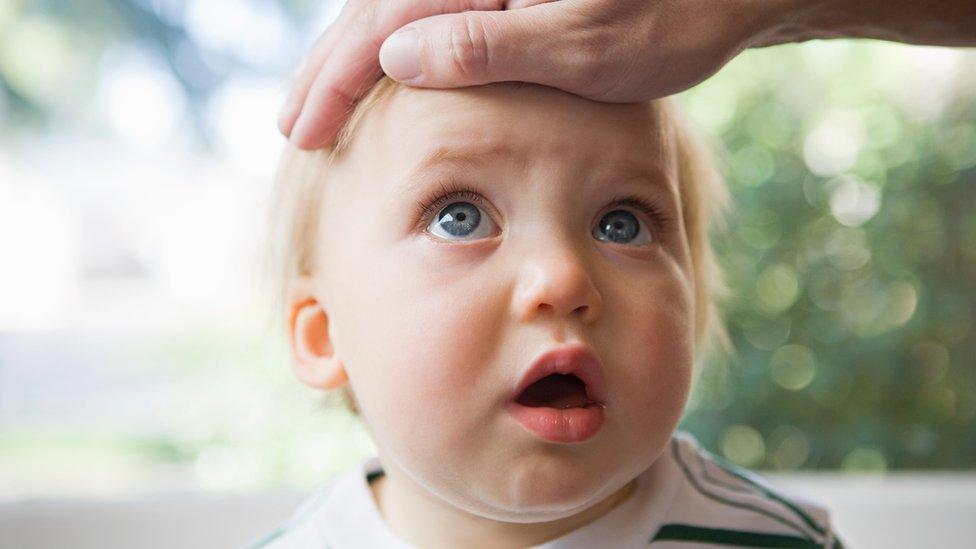
- Published10 May 2024
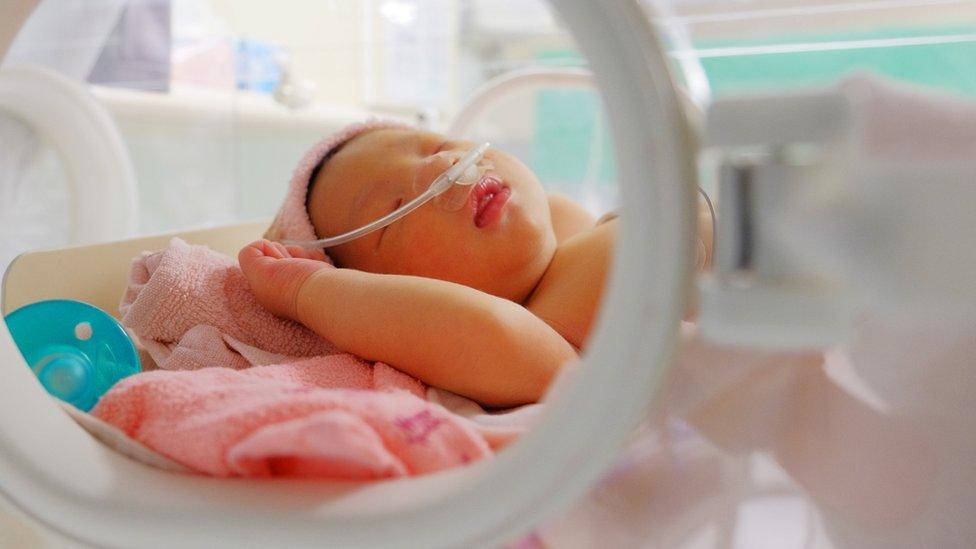
- Published17 May 2024
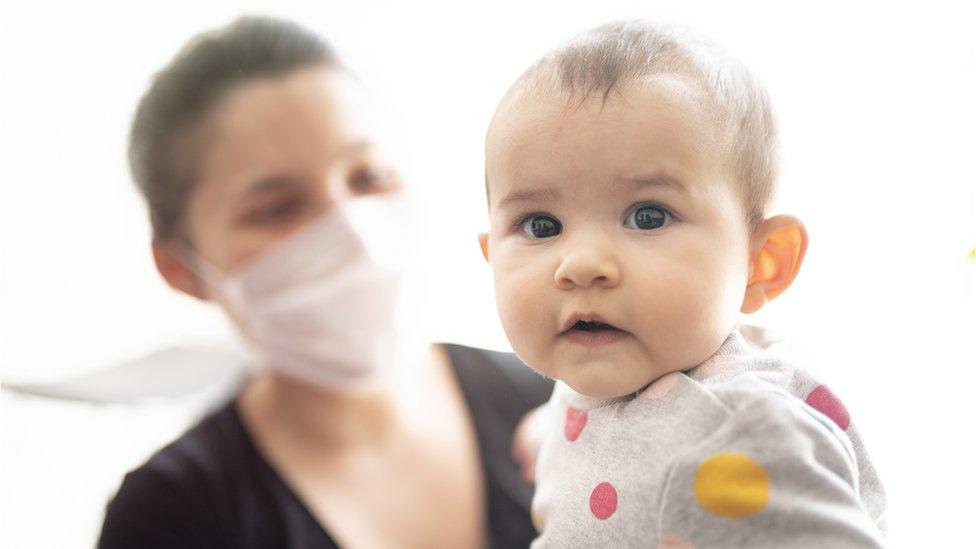
- Published4 June 2024
